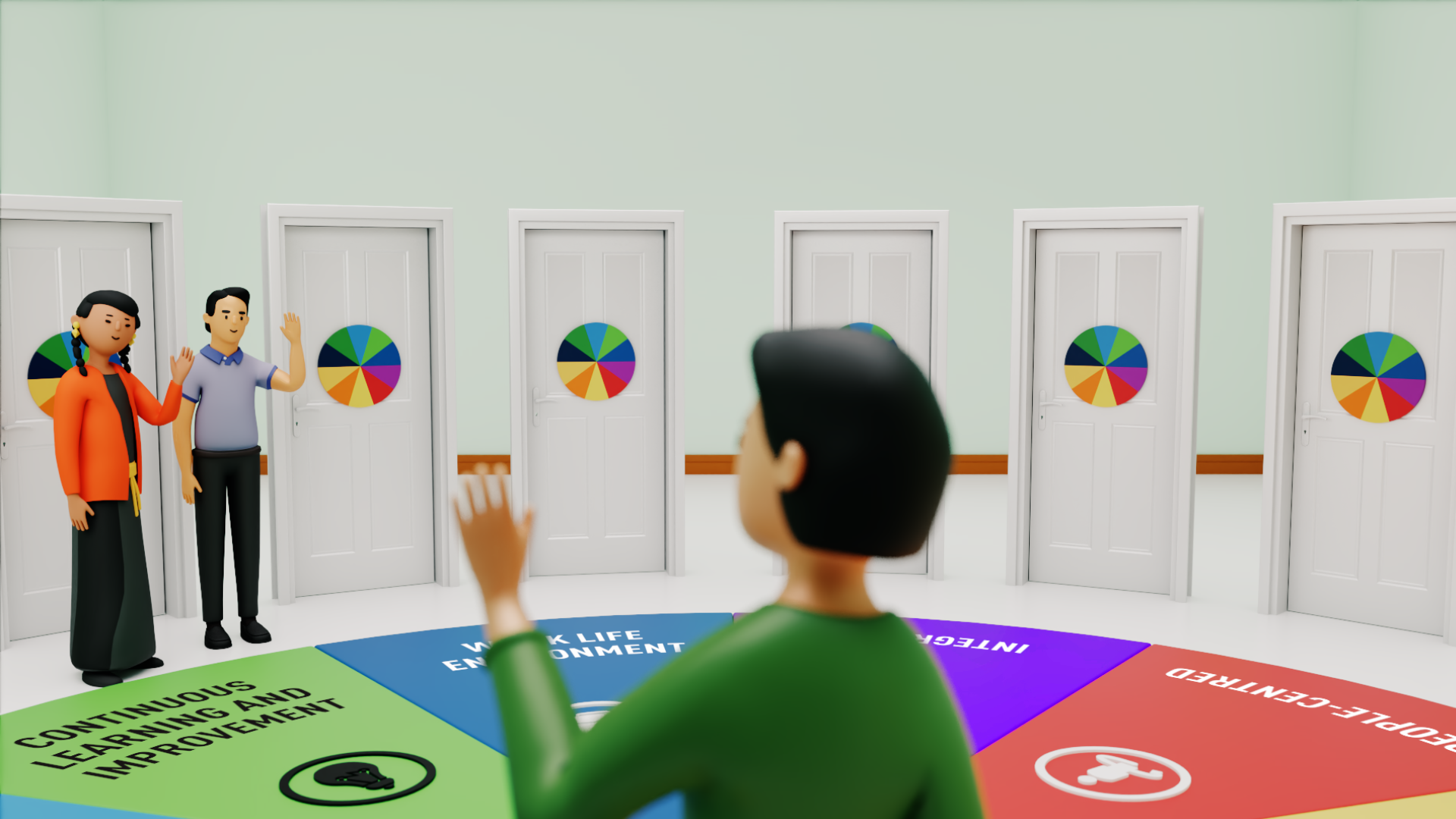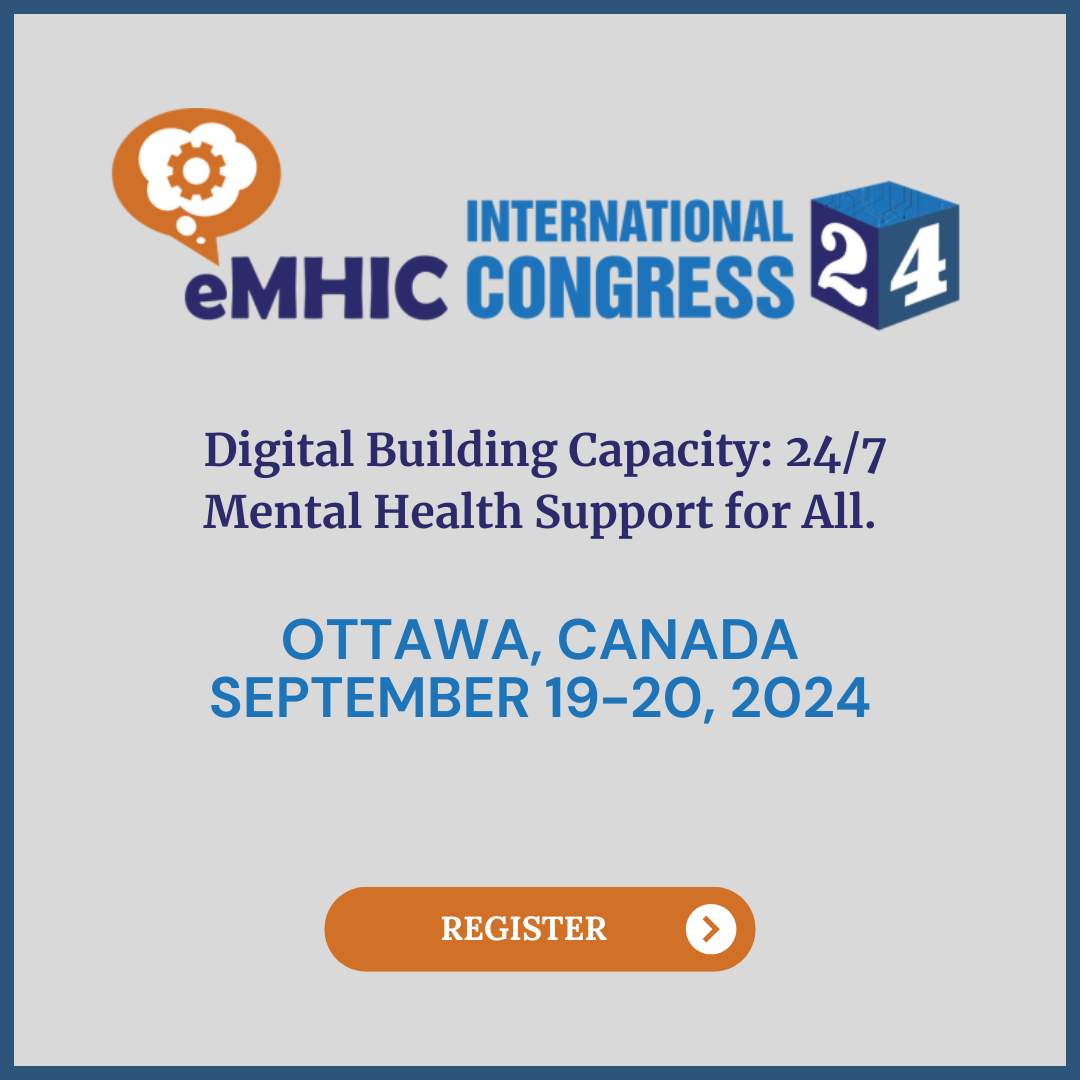If you are in distress, you can call or text 988 at any time. If it is an emergency, call 9-1-1 or go to your local emergency department.
Mental Health and Substance Use During COVID-19: Spotlight on Income, Employment, Access
A new report from the series of Leger polls undertaken by the Mental Health Commission of Canada and the Canadian Centre on Substance Use and Addiction shows the disproportionate negative impact COVID-19 is having on people who live with low incomes or who are unemployed or recently lost their jobs. The survey of more than 8,500 people in Canada also provides insights into the pandemic’s impact on those who have pre-existing substance use disorders or mental illness. Key findings: Other reports in this series Mental Health and Substance Use During COVID-19: First Summary Report Mental Health and Substance Use During COVID-19: Spotlight on Gender and Household Size![]()
COVID-19 continues to seriously impact mental health and substance levels, especially among people with low income or without work.
SHARE THIS PAGE
RELATED



